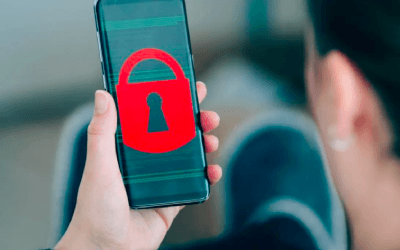With the rise in demand for VPNs due to work from home for most of the employees working in offices, security researches at VPN Pro tested 20 popular VPN apps for their security features and found that two of them, Private VPN and Betternet, have critical vulnerabilities that allowed their researchers or any hacker to get access to their user’s PCs.
If you are a user of any of these two VPN apps mentioned above, your device is exposed to hackers on public WiFi networks. Hackers are setting up fake WiFi networks in public spaces like coffee shops, which when connected to and one of the two VPN networks turned on sends you an update dialogue. Now the fake WiFi which has sent you an update software dialog is actually a malicious code which gives the hackers access to your device.
It’s been noted that through this malicious code hackers are stealing sensitive information, use you your device to mine cryptocurrencies, make bank payments, sell your data on the black market, add your device to a botnet, or leak your personal pictures, videos or sensitive messages.
To avoid being hacked while using any one of these vulnerable VPNs make sure to keep your software updated at all times through known trusted networks like your home or office. Also have good antivirus software installed, which will notify you of any unwanted activity or breach of security.
